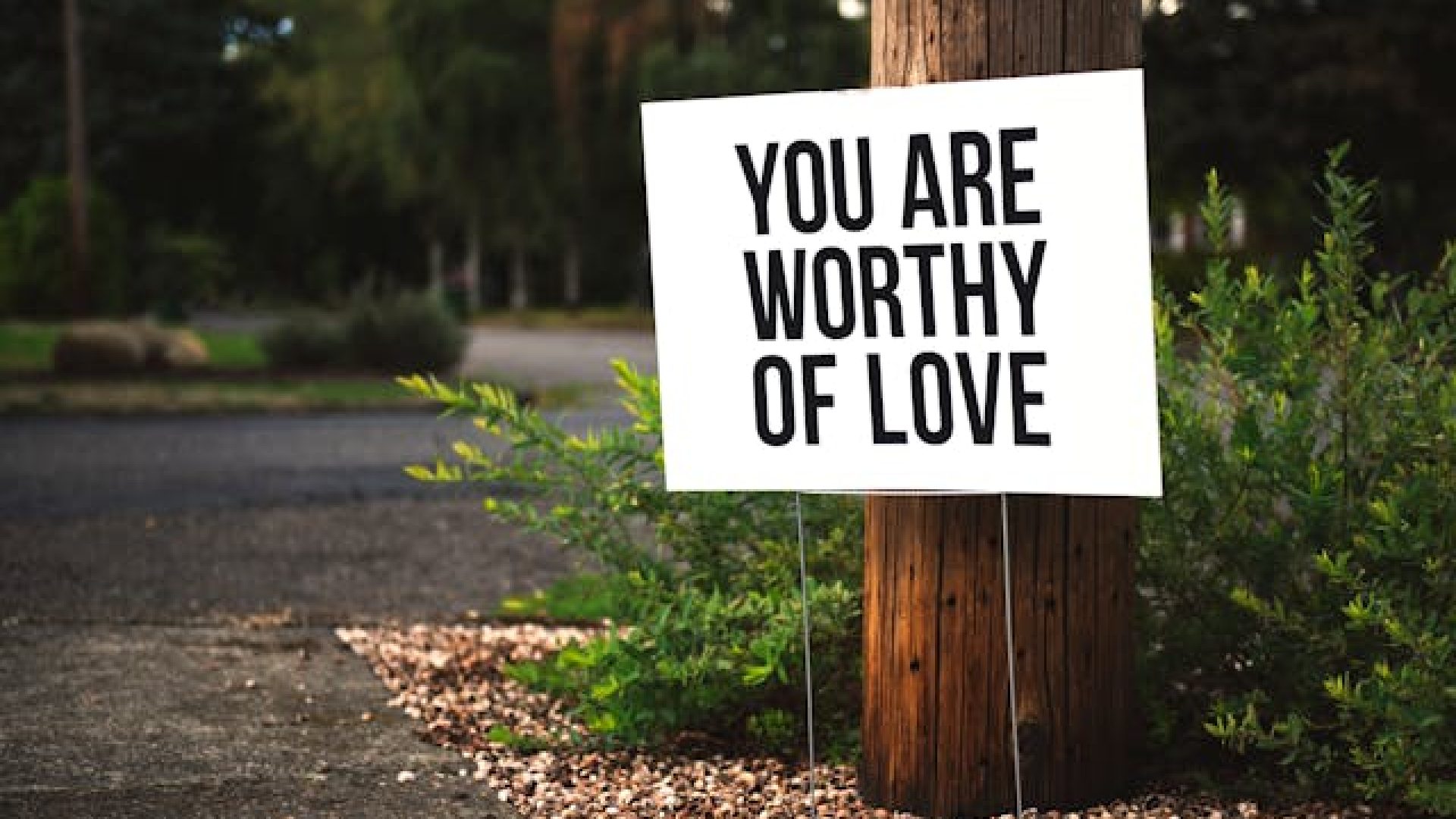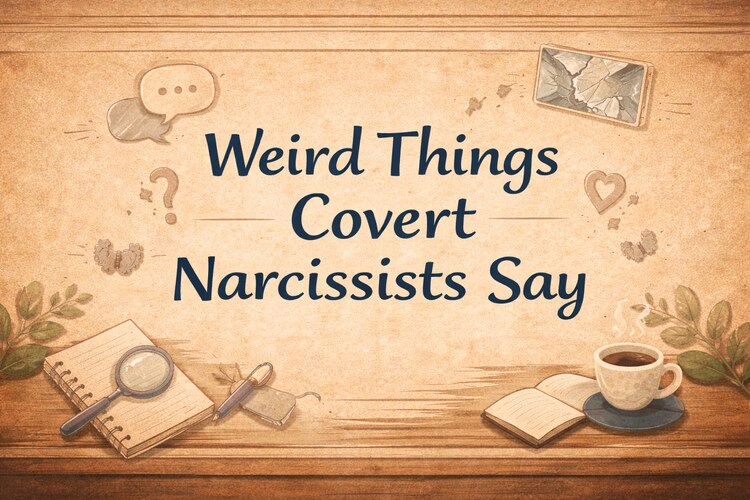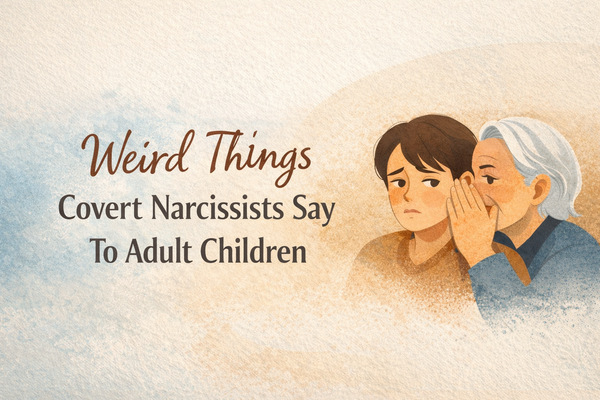My Awakening to the Art of Self-Love
Hello Readers,
If you have read my previous piece, 7 Pillars of The Art of Self-Love: A Holistic Blueprint, then you are already aware of the fact that Self-Love isn’t some fantasy-filled feel-good concept; it’s a spiritual and psychological revolution altogether. It’s an art of accepting yourself exactly as you are, with all your perfect imperfections, while working on transforming yourself into a better person every day. It’s an art of coming home to yourself, unapologetically, compassionately, and consistently.
But here is what I realized after writing that piece: it’s one thing to understand the philosophy of The Art Of Self-Love and another to practice it daily like a hardcore routine or prayer, especially on the days when your hair looks like a failed science experiment and your coffee tastes like regret.
That’s when I thought to myself that I should write a practical guide for you all to practice The Art Of Self-Love without overwhelming yourself too much. The role of habits steps in here. Let’s face it, guys. Transformation doesn’t happen overnight in dramatic epiphanies. It unfolds quietly and gradually, in the rituals we repeat.
As Aristotle wisely said, “We are what we repeatedly do. Excellence, then, is not an act but a habit”.
So, if the “7 Pillars” were the blueprint, this article is going to be the “Daily Architecture”, the living, breathing practice that turns theory into the truth.
Let’s dive into the 5 Daily Habits that helped me embody The Art Of Self-Love, not just as an idea, but as a way of life.
1. I Converse With Myself As If I Am My Own Best Friend.
Back in the days, I had seen my grandmother talk to the plants with kind words. She believed it helped them grow. I assume that was true since I started to practice that myself.
It started after I caught myself muttering, “Can you ever do something right? You always mess things up,” over trivial matters such as spilling coffee over my study table, etc. I asked myself, “Would I speak to my best friend in this tone if she did the same?” The answer was, “Of course not”. It was then onwards, I made a pact with myself: No more toxic or negative self-talk.
Brené Brown once said, “Talk to yourself like you would to someone you love.” When I heard this for the first time, it seemed very cheesy, but when I implemented it in my real life, it changed everything. My inner voice shifted from being a ruthless critic to a gentle guide.
Now, whenever I make silly blunders, I literally laugh them off, saying, “Wow, that’s some creative chaos! You better clean this up quick”.Surprisingly, my comebacks have become faster.
I have come to realize that The Art of Self-Love begins in the dialogue nobody hears except you. Every word we whisper to ourselves becomes a seed. Water it with compassion and kindness, then watch your confidence blossom.
2. I Start My Day With Loving Morning Rituals.
One of the most awful ways to start your day is by grabbing your phone the moment you open your eyes, diving into emails, scrolling through messages and social media, and receiving some bad news even before brushing your teeth. Like you, I was in a similar misery!
My mornings felt like an emotional rollercoaster even before I had sipped my coffee. But not anymore. Starting your day with bad news ruins your whole day, and you end up being unproductive. The moment I realized this, I decided to stop then and there.
Now, I begin with presence. I perform a simple ritual:
- A glass of warm water with a few drops of lemon (because apparently, adulting means pretending you enjoy detoxification)
- 5 minutes of deep breathing.
- Journaling 3 things:
- Something I am grateful for.
- One intention for the day.
- One small act of kindness for myself and somebody else in need.
- I end with an affirmation, my favorite being, “I am grateful for who I am and I am becoming the person I needed when I was younger”.
As my most inspiring Sufi, Maulana Jalaluddin Rumi said, “You are not a drop in the ocean. You are the ocean in a drop.” This is one of my favorite sayings of Rumi. It anchors me every morning. It reminds me that I already carry wholeness within, I just need to reconnect with it.
This ritual hardly takes 10 minutes, and as soon as I started to practice, it shifted my mood, mindset, and even how I treated the people around me. Because when I start my day filled with love, it naturally spills over into everything else.
3. I Take Intentional Breaks, As Rest Is Revolutionary.
Until some time back, I used to think productivity was a virtue, to just keep working, without taking a pause. To a limit where everything came crashing down on me all at once. I stepped into a “burnout” phase. Work without rest might be productive initially, but eventually you will collapse, and the comeback will take much longer.
Honestly speaking, there should be a special place in hell for the “hustle culture” that glorifies exhaustion. Guys, rest is sacred. One of the most considerate things I do for myself is to insert intentional breaks in my day. 5 minutes, 10 minutes, or whatever I can spare, where I simply do nothing at all!
I close my eyes, inhale deeply, and reassure myself, “You are doing the best you can. You deserve a break. Rest and reboot!”. Sometimes, I place my hand on my heart and feel it beating, proof that I am alive and worthy without earning it.
At first, these pauses felt unproductive. Then I convinced myself that rest is not the opposite of work. It’s crucial to enhance my productivity levels. The soil where creativity and clarity grow.
Sophia Bush once said, “You are allowed to be both a masterpiece and a work in progress simultaneously.”
This quote stays in my mind and reminds me that even when I am not achieving, I am becoming. And that’s a radical form of self-love in a world obsessed with doing.
4. I Say NO Without Explaining.
There was a time when saying “NO” was the hardest thing for me, mainly because I was a people-pleaser. I only realized that boundaries are self-respect made visible when it started to take a toll on my mental health.
I used to say “YES” to every invitation, request, or favor, and then wondered why I felt resentful. Then I figured: Burnout is often self-betrayal disguised as kindness.
One fine evening. I declined a dinner I didn’t have energy for. I politely refused, saying, “I would love to, but I need a peaceful night to recharge”. The world around me didn’t collapse. My friends understood, and I felt empowered. That’s when I learned that creating boundaries is an expression of Self-Love as well. They protect our energy, not our ego.
I live by this rule now: “If it depletes more than it restores, it’s negotiable.”
So now, whenever I say no to something, I remind myself of Edmond Mbiaka’s wisdom:
“It has never been a crime to love yourself first. Neither is it a crime to love yourself more.”
Boundaries are not walls. They are invitations to a more authentic connection with those who accept you for who you are. These bonds let me show up joyfully instead of resentfully. If you wish to explore how Self-Love underpins healthy boundaries, check out Psychology Today.
5. I Celebrate Joyful Moments & Creativity.
When I stepped into my Residency Program, my To-Do list had devoured my soul. Everything revolved around work and studies. Until one day, I was post-call, extremely fatigued, and I couldn’t remember when was the last time I did something purely out of joy for myself. As a result, I ended up being highly frustrated, and it began creeping into my work as well.
Now, I make sure to create moments of self-expression, even if it is for five minutes a day. I might sketch a Sufi, doodle random shapes, sing with my hairbrush, write some poetry, or dance like a caffeinated octopus in my living room.
These tiny acts of joy whisper, “You are worthy of delight and happiness”.
While living these moments to my fullest, I say to myself, “Keep watering your soul. You are growing beautifully”.
That’s what The Art Of Self-Love truly means: Embracing imperfection, while celebrating liveliness and evolving continually.
When I let joy flow through me freely, I feel reconnected to my inner child who used to live and laugh unapologetically. Creativity doesn’t need to be perfect; it just needs to be mine!
The Ripple Effect: How These Habits Changed My Life?
When I started practicing these habits as I mastered The Art Of Self-Love, they reshaped not just how I see myself, but how I move through the world.
I learnt to forgive my shortcomings, fell in love with my flaws, became less reactive to criticism, and more grateful for small victories. My mornings became calmer, evenings turned more peaceful, my relationships healthier, and my heart began to feel at home.
Self-love stopped being a mere theory and became a rhythm.
Whenever I feel stuck, I remind myself that Self-Love is not a destination. It’s a relationship I have to renew every day, sometimes through affirmations, sometimes through laughter, and sometimes by forgiving myself for forgetting all of the above.
As Jalaluddin Rumi said, “The wound is the place where the light enters you.” Every stumble has been an entry point to deeper compassion.
So, my dear readers, if you want to master The Art of Self-Love, reach out to us at Youth Table Talk and explore the galaxies residing within you!
FAQs
1. How do these habits differ from the typical self-care routines?
Most of the self-care routines focus on external beautification. These habits nurture your mind, body, and soul. They strengthen the relationship with your inner self, which is sustainable, not seasonal.
2. What if I struggle to maintain these habits daily?
Start small. Even carrying out one intention can shift your mindset. Self-love isn’t a checklist; it’s a conversation.
3. Can I still practice Self-Love while being ambitious and goal-driven?
Of course. When you care for yourself, your goals become grounded, not desperate. Self-love isn’t the opposite of ambition; it’s what keeps ambition humane.
4. How can I stay consistent on bad mental health days?
Simplify. On hard days, your Self-Love might feel like taking a shower, eating something, or reassuring yourself, “I did the best I could, and that’s enough”.
5. What is the biggest myth about Self-Love?
That it’s narcissistic or selfish. In reality, it’s the opposite. When you fill your own cup, you stop looking for others to feed you love.
References:
- The Science of Self-Love: The Evidence-Based Benefits of Loving Yourself — Ness Labs
- Practicing Self-Love to Improve Well-Being — Psych Central
- Self-Love and What It Means — Brain & Behavior Research Foundation
- The Health Benefits of Loving Yourself — The Emily Program
- Self-Love: Why It’s Important and What You Can Do to Love Yourself — Cleveland Clinic
Dr. Talia Siddiq is a resident psychiatrist in training at Dr. Ruth K.M. Pfau Civil Hospital Karachi, deeply passionate about understanding the human mind and helping people find healing. Beyond her clinical work, she is also a writer who believes that mental health conversations should be easy, relatable, and stigma-free.
She started writing in 2020, turning her reflections and experiences into articles that speak to the struggles many young people silently face—whether it’s self-harm, addictions, relationships, or simply finding direction in life. Over time, her writing has expanded into areas like career guidance and financial independence, because she strongly believes that resilience isn’t just about surviving emotionally—it’s about building a meaningful, balanced life.
For Talia, YouthTableTalk is more than a blog. It’s a safe corner on the internet where young people can pause, reflect, and feel understood. Her goal is not to lecture but to have a conversation—just like a friend who listens, shares, and gently guides you toward growth.
When she isn’t studying psychiatry or writing, you’ll often find her reading, exploring self-growth books, or cooking something new for her family. She brings the same curiosity and compassion to her personal life that she does to her work: always seeking better ways to connect, learn, and inspire.
Through YouthTableTalk, she hopes to remind every reader of one simple truth: you’re not alone, and your story matters.
- Talia siddiqhttps://www.youthtabletalk.com/author/talia-admin/
- Talia siddiqhttps://www.youthtabletalk.com/author/talia-admin/
- Talia siddiqhttps://www.youthtabletalk.com/author/talia-admin/
- Talia siddiqhttps://www.youthtabletalk.com/author/talia-admin/






